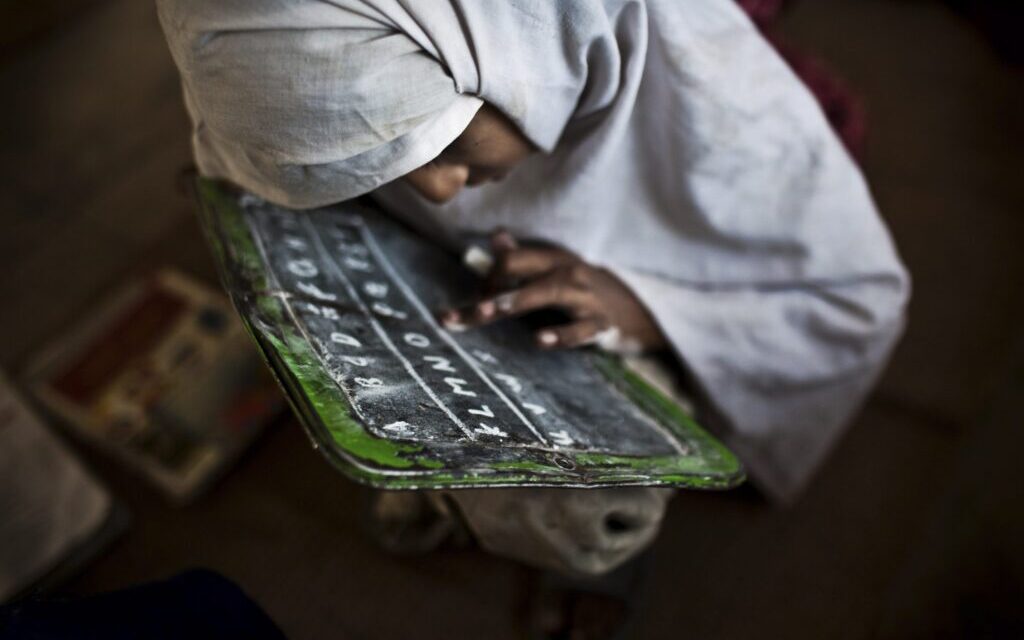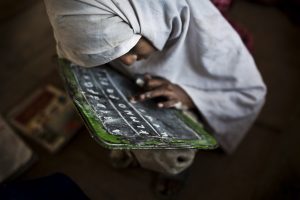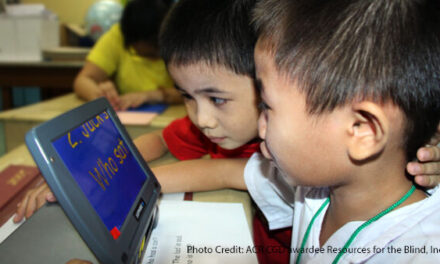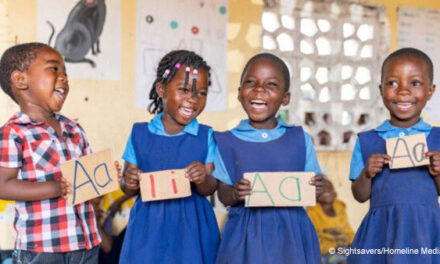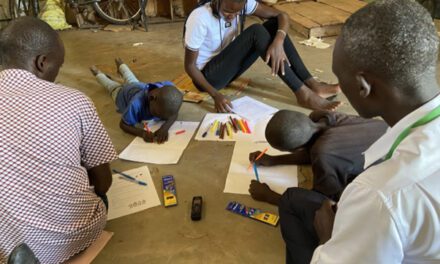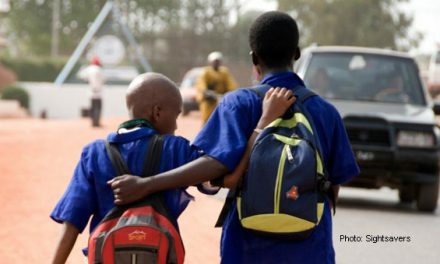This impact story was written and produced by the Impact Initiative for International Development Research – a collaboration between the REAL Centre, University of Cambridge and the Institute of Development Studies, University of Sussex. You can download and read the full impact story here.
According to new research generated by the Research for Equitable Access and Learning (REAL Centre), University of Cambridge, in partnership with the Institute of Development and Economic Alternatives (IDEAS) Pakistan, children with disabilities are among those least likely to be learning.
Using large-scale household data together with qualitative data from classrooms in rural Pakistan, the Teaching Effectively All Children (TEACh) project (funded by ESRC-DFID’s Raising Learning Outcomes in Education Systems Research Programme) has provided a picture of how many children with disabilities attend school, and what factors affect their learning.
In 2010, the Parliament of Pakistan added Article 25A to the Constitution, which promises ‘free and compulsory education’ to all 5–16 year-olds. Since then, there has been steady progress in more children attending school. However, little was known about whether children with disabilities have benefited from this expansion, and if those making it into school are learning.
Furthermore, there is an uncoordinated approach to providing support to schools and teachers for children with disabilities who are in mainstream schools. A separate Department of Special Education, responsible for the education of children with disabilities, has been insufficiently connected with the School Education Department that supports government schools.
In 2014, the TEACh project assessed around 1,600 children aged 8–12 years in rural Central Punjab on literacy and numeracy skills. The researchers combined the Child Functioning Questions developed by the Washington Group for Disability Statistics with data on children’s enrolment patterns and assessed their learning. In addition, information was collected from households on other characteristics, such as poverty and gender.
By gathering large-scale data, the researchers were able to gain a fuller picture of the prevalence of disability in Pakistan: around 10 per cent of children had some form of disability, much higher than previous estimates. A large proportion of children with disabilities were in mainstream (both government and private) schools, with around three quarters of those with moderate-to-severe disabilities in school in the sample. More boys than girls with disabilities were in school.
While some children with disabilities were benefiting from access to schooling, the data also showed that their learning outcomes in both literacy and numeracy were, on average, lower compared to children without disabilities. The findings highlight that the conditions of schooling are not enabling children with disabilities to achieve their potential.
The TEACh project has shown that it is feasible to use internationally-recognised and standardised questions to understand the schooling experiences of children with disabilities. And, by demonstrating that children with disabilities are in mainstream schools, the research is providing valuable new evidence on the types of strategies governments must adopt to support them in the classroom.
Recognising that better data is needed to identify children with disabilities in national surveys for more effective planning, Edward Davis, former DFID Pakistan Education Policy Team Leader, said: ‘The research has been influential in training Punjab Special Education Departments on how to use the Washington Group child functioning survey tools.’
Furthermore, the research team has been asked by the School Education Department to provide input on a new inclusive education policy and, according to its Special Secretary, Imran Baloch, the research findings are set to influence future education policies: ‘Many of those with special needs who are enrolled in government schools don’t receive the support they need to participate in appropriate educational activities. These [TEACh] findings are vital in helping to shape and inform Pakistan’s new inclusive education policy – including helping to ensure that we can equip teachers to support children with diverse needs.’
Beyond Pakistan, findings from the project informed preparations for the Global Disability Summit, held in London in July 2018. In collaboration with stakeholders from bilateral and multilateral agencies and international non-governmental organisations, the research contributed to a Statement of Action on Inclusive Education, which informed the Summit’s messages on the importance of better evidence and data to inform policy and practice on inclusive education.
Further reading
Bari, F. (2018) ‘Ensuring Inclusion’, Dawn, 10 August
Bari, F.; Malik, R.; Rose, P. and Singal, N. (2018) Identifying Disability in Household Surveys: Evidence
on Education Access and Learning for Children with Disabilities in Pakistan, Policy Paper 18/1, REAL Centre, University of Cambridge
Malik, R. (2016) ‘Education’s Missing Priorities’, Dawn, 17 September
Singal, N. (2018) ‘Disability and Data: Need for Numbers and Narratives’, Washington Group on Disability Statistics blog, 1 August
The Impact Initiative (ed.) (2017). Disability and Education, ESRC-DFID Research for Policy and Practice. 2017. Brighton, IDS.

